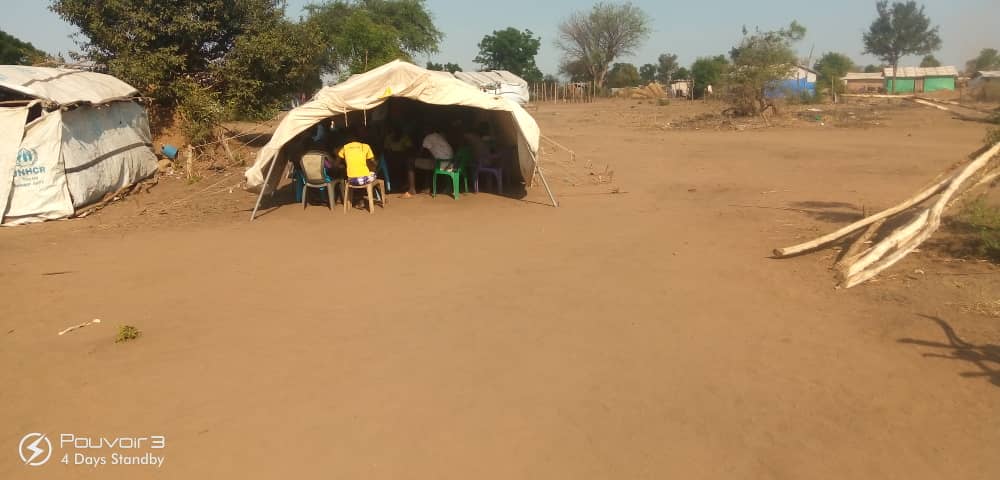
Violent conflicts, political turmoil, and natural disasters create humanitarian crises, which threaten millions of lives in South Sudan. CSI works with humanitarian partner organizations to save lives reduce suffering and offer support when crises hit. The number of people in need of humanitarian assistance in South Sudan has been increasing. This is due to violent conflict with large-scale displacement of people, food shortages and fragile economic, political and social institutions. Weather-related disasters are also increasing as an effect of climate change. Humanitarian crises affect people differently depending on their roles, responsibilities, capacity, skills, and access to information, resources and special needs. We also work on preventive measures to support communities to become more resilient when a crisis happens. This can be done through smart farming techniques, alternative and diversified livelihoods in areas affected by drought.
Whenever emergencies occur, the priority for those affected is safety, survival, and recovery. In order to facilitate recovery as quickly as possible and ensure that development progress is not reversed, there is a clear need to identify ways or activities in which relief, rehabilitation, and development can be integrated. Stabilize food supplies (food security reserves) through adequate stockholding in the form of strategic food security reserves as a first line of defense in emergencies, Lobbied support from the local and international community to provide timely and well targeted food aid and other technical and financial assistance.
- -Provide transport and distribution of food to affected areas.
- -Preparation of contingency plans of action to meet emergencies
- -Provide measures to prevent natural disasters, such as irrigation schemes, flood control schemes.
- -Strengthen planning of food-related assistance programmes
- -Strengthen the coping mechanism of the household to meet emergencies by improving its capacity to protect itself from the impact of an emergency through household and community food storage; group savings and credit schemes, diversification of income and employment sources
- -Provide significant help through effective and appropriate disaster management training.



